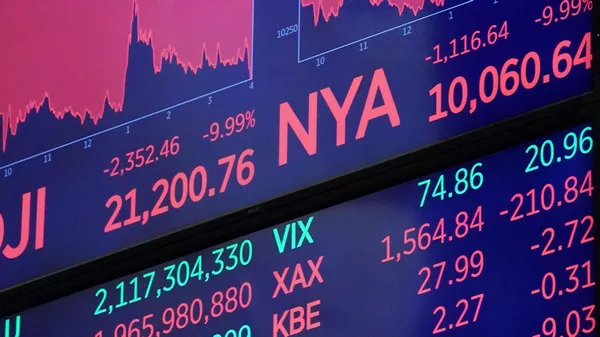United Parcel Service (NYSE:UPS) witnessed a dip in its shares during early U.S. trading on Tuesday, as the company unveiled that its new labor agreement with Teamsters-represented workers would lead to an increase in wage and benefit costs, growing at a 3.3% compound annual growth rate over the contract’s five-year term.
Chief Financial Officer Brian Newman communicated this information to investors in a recorded message after Monday’s closing bell. He highlighted that 46% of these elevated expenses would be incurred within the first year of the agreement. Furthermore, Newman noted that the costs linked to the contract were anticipated to be approximately $500 million higher than the initial estimates provided by Atlanta-based UPS.
These revelations have tempered expectations for UPS’s third-quarter performance, with Evercore ISI analysts specifically reducing their earnings per share projections for the upcoming three-month period from $2.23 to $1.67. They emphasized that Newman had made it “very clear that current [third-quarter] expectations are FAR too high.”
During an interview with CNBC, Chief Executive Carol Tome stated that the overall cost of the agreement would be less than the “$30 billion in new money” projected by the Teamsters union, which represents approximately 340,000 UPS workers in the United States. However, Tome did not disclose the company’s precise internal estimates to the channel.
Last month, UPS revised its annual revenue and profit guidance downward due to increased labor expenses and business losses incurred during the challenging negotiations with Teamsters. In August, UPS and the union reached a new contract agreement, averting the possibility of a strike that could have had far-reaching implications. According to estimates from the Anderson Economic Group, such a strike could have been the most expensive labor action “in a century,” causing significant economic losses in the billions for the United States.
This contract deal also marked a recent victory for unions during the summer, as workers across various sectors, from aviation to entertainment, advocated for new agreements.


